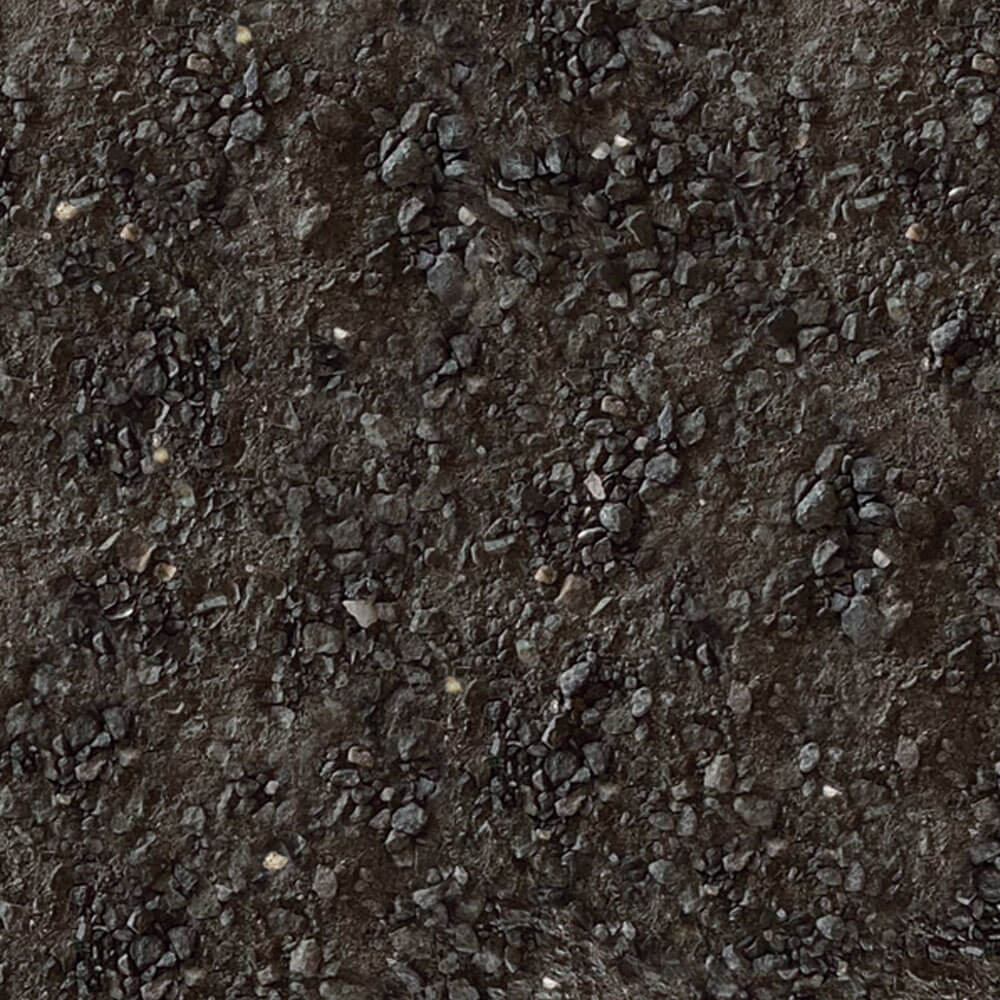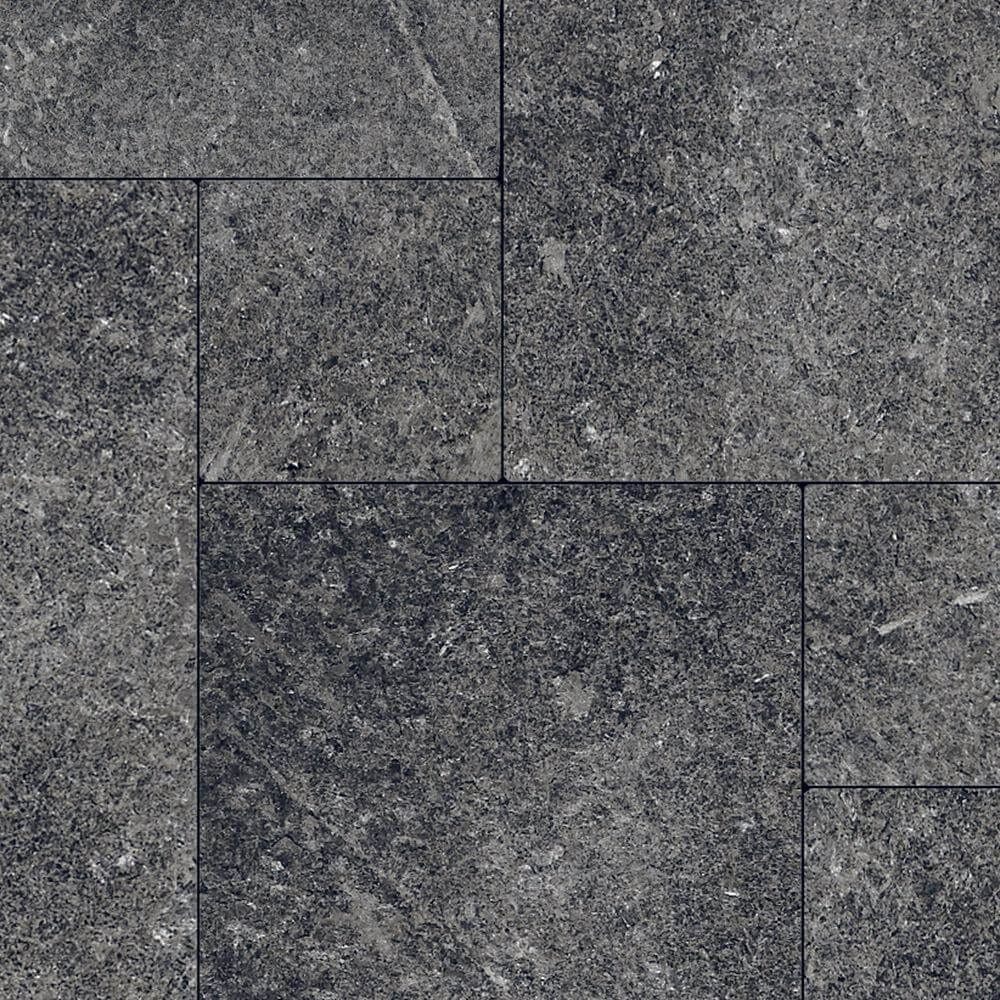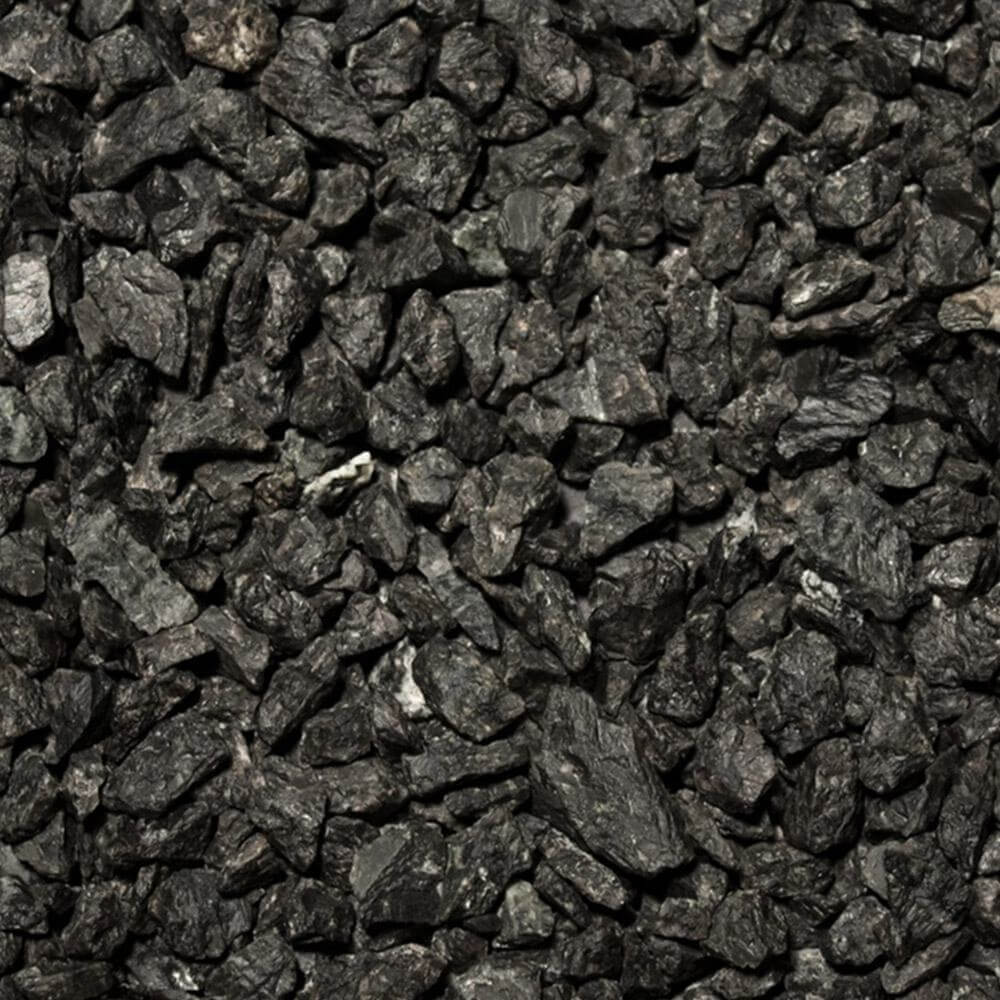So far, in our quality control series, we’ve discussed Mohs hardness and absorption—but there are still many other factors that play a role in creating specialty aggregates, natural thin stone veneer, and other products that will last. Today, we’re diving into the importance of specific gravity and bulk specific gravity in stone. Let’s take a look at what this physical property can tell us, why it’s so important, and how it’s measured.
What Is Specific Gravity?
Specific gravity is a ratio of the mass of a substance to the mass of the same volume of liquid (typically distilled water). This physical property plays an important role across a wide range of processes, from biological processes like kidney function to product performance.
You may have also heard this property referred to as “relative density.” The word “relative” should hint at the fact that specific gravity is a unitless measurement. To make sense of this property, measurements must be compared against a standard. For solids and liquids, that standard is water at its most dense (about 39 degrees Fahrenheit), while gases are measured against room temperature air.
As water is the typical standard, it is understood to have a specific gravity of 1. A specific gravity below 1 indicates that a substance is less dense than water and will therefore float in the liquid, while a specific gravity greater than 1 means that the substance is more dense and will sink. Specific gravity in natural stone ranges from 2 to 3, meaning that stone is two to three times denser than water.
Water Absorption and Bulk Specific Gravity in Stone
Specific gravity doesn’t exist in a vacuum, however; when it comes to the performance of natural stone products, other physical properties must be accounted for. Water absorption and specific gravity are two properties that go hand in hand.
All types of natural stone are porous to some degree, meaning that they will absorb a certain amount of water. Absorption allows us to assess that porosity, which in turn allows us to evaluate how well a stone will withstand weathering and structural stress. In general, denser stone is less porous. Because water absorption is measured as a percent by weight, however, a low-density and high-density stone can have the same absorption capacity—but the higher-density stone will actually absorb more water by volume.
To allow for this caveat, we measure bulk specific gravity. This property takes into account a stone’s absorption capacity, giving us a better understanding of how strong the resulting product will be, how it might be affected by the freeze-thaw cycle and other natural forces, and what it can realistically be used for.
Specific Gravity and Quality Control
So, how does specific gravity in stone relate back to quality control? When it comes to natural stone products, consistency is key. Specialty aggregates used in architectural precast, decorative precast, and other manufactured products need to meet specifications for a particular application or installation. At Kafka Granite, we make key measurements like Mohs hardness, specific gravity, and absorption available directly to our customers, so that they can make the most informed decisions when sourcing materials for their projects.
Even non-load bearing products like natural thin stone veneer have to hold up to the installation process, the elements (if exterior), and forces like heat and changes in humidity. This means that every masonry unit needs to fit into an acceptable range of physical properties, from Mohs hardness to bulk specific gravity.
How Is Specific Gravity in Stone Tested?
It’s not enough to simply be aware of standards—those standards need to be met every time. Kafka Granite adheres to ASTM material specifications for our stone products. Samples of our dimension stone are sent out for a number of tests, including ASTM C97: Standard Test Methods for Absorption and Bulk Specific Gravity of Dimension Stone. This particular assessment is used to measure both absorption capacity and bulk specific gravity for all types of dimension stone except slate.
Absorption is up first. At least five test specimens are dried for 48 hours in an oven to ensure they’re completely free of moisture. Their dry weight is recorded, and they are then submerged in water for another 48 hours to make sure they’ve naturally reached their absorption capacity. When fully saturated, the samples are weighed again. The percentage difference between these two values is the absorption capacity.
To determine bulk specific gravity, the saturated specimen is suspended by a wire in air and weighed. The process is repeated with the stone suspended in water. The difference between these two values is the bulk specific gravity, which can then be used to determine density.
The testing process is similar for our specialty aggregates, but it’s important to note that, unlike dimension stone, aggregate or crushed stone isn’t required to conform to any one standard. However, this data determines whether crushed stone is appropriate for a specific application—so it still needs to be collected. Samples of our specialty aggregates are subjected to a similar process of drying, soaking, and weighing to determine both their absorption and specific gravity.
Kafka Granite’s Commitment to Excellence in Stone Products
Our decades of experience in the industry have made it clear to us that architects, designers, stonemasons, and others need high-quality specialty aggregates and masonry units that will hold up under stress and against natural forces. At Kafka Granite, we’re committed to providing consistent, useful products that fit perfectly into a project. If you’re searching for thin stone veneer or other natural stone products, reach out today. We’re always happy to answer any questions you may have.




